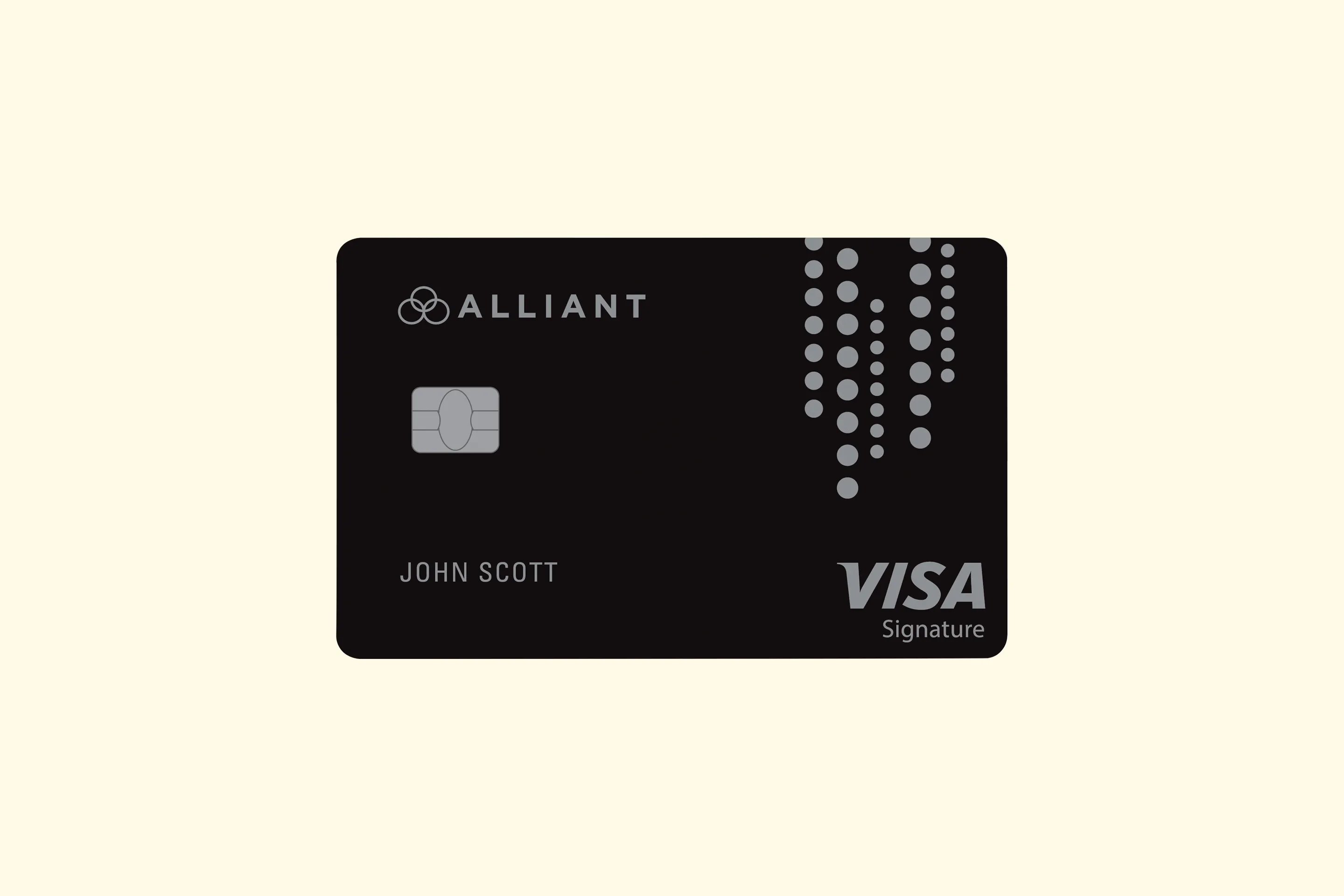What Is A Good Credit Score And How To Maintain It?
In today’s world, your credit score plays a crucial role in determining your financial health. A good credit score not only grants you access to loans and credit cards but also helps you secure a favorable interest rate. But what exactly is a good credit score, and how can you maintain it?
A credit score is a three-digit number that reflects your creditworthiness. The higher the score, the better your chances of getting approved for credit and loans. In this article, we will explore what constitutes a good credit score, how you can maintain it, and the benefits of having a good credit score. So, let’s dive in!
A good credit score is typically between 670 and 739. To maintain a good score, make sure to pay your bills on time, keep your credit card balances low, and limit the number of new credit applications you make. It’s also important to regularly check your credit report for errors and address any issues promptly. Building a good credit score takes time and effort, but it’s worth it for the financial benefits it can bring.

Understanding Good Credit Scores and How to Keep Them High
What is a Good Credit Score?
A credit score is a three-digit number that determines your creditworthiness. It is the result of an evaluation of your credit history, and it ranges from 300 to 850. A good credit score is generally considered to be above 700. The higher your score, the more likely you are to be approved for loans and credit cards, and the better the interest rates you’ll receive.
There are several credit scoring models, but the most widely used is the FICO score. This score is calculated based on five factors: payment history, amounts owed, length of credit history, new credit, and types of credit used. Each factor is weighted differently, and they all contribute to your overall score.
How to Maintain a Good Credit Score
Maintaining a good credit score requires responsible financial behavior and consistent attention to your credit report. Here are some tips to help you keep your score high:
- Pay your bills on time: Late payments can have a significant negative impact on your credit score, so be sure to pay your bills on time every month.
- Keep your credit card balances low: High credit card balances can indicate that you’re overextended and may be a risk to lenders.
- Maintain a mix of credit: Having a mix of credit types, such as credit cards, car loans, and mortgages, can improve your credit score.
- Monitor your credit report: Regularly review your credit report to ensure that all information is accurate and up-to-date.
- Avoid opening too many new accounts: Opening too many new accounts in a short period of time can lower your credit score.
The Benefits of a Good Credit Score
A good credit score can provide several benefits:
- Better interest rates: A higher credit score can help you qualify for lower interest rates on loans and credit cards.
- Higher credit limits: Lenders are more likely to offer higher credit limits to borrowers with good credit scores.
- More negotiating power: With a good credit score, you may be able to negotiate better terms on loans and credit cards.
- Easier approval: A good credit score can make it easier to get approved for loans and credit cards.
The Drawbacks of a Low Credit Score
Conversely, a low credit score can have several negative consequences:
- Higher interest rates: Borrowers with low credit scores may be charged higher interest rates on loans and credit cards.
- Lower credit limits: Lenders may offer lower credit limits to borrowers with low credit scores.
- Difficulty getting approved: Borrowers with low credit scores may have difficulty getting approved for loans and credit cards.
- More stringent terms: Borrowers with low credit scores may be offered loans and credit cards with more stringent terms and conditions.
Conclusion
A good credit score is essential for financial stability and success. By following the tips outlined in this article, you can maintain a good credit score and enjoy the benefits that come with it. Remember to monitor your credit report regularly and take steps to address any errors or inaccuracies. With responsible financial behavior and consistent attention to your credit, you can achieve and maintain a good credit score.
Frequently Asked Questions
1. What is a good credit score?
A good credit score ranges between 670 to 739. However, a score above 740 is considered excellent. A credit score is a three-digit number that helps lenders decide whether to approve your loan application or not. A higher credit score implies that you are a responsible borrower and can repay your debts on time.
Maintaining a good credit score requires you to pay all your bills and debts on time, keep your credit utilization rate low, and avoid applying for too many credit cards or loans at once. You can also review your credit report regularly to ensure that there are no errors or fraudulent activities.
2. How can I improve my credit score?
To improve your credit score, you must first identify the factors that are causing it to drop. These factors include late payments, high credit utilization rate, and having too many credit inquiries. You can improve your credit score by paying your bills and debts on time, reducing your credit utilization rate, and avoiding applying for too many credit cards or loans at once.
Additionally, you can also consider getting a secured credit card or a credit-builder loan to establish a positive credit history. It is also essential to review your credit report regularly and dispute any errors or fraudulent activities that may be affecting your score.
3. Can closing a credit card hurt my credit score?
Closing a credit card can hurt your credit score if it increases your credit utilization rate or shortens your credit history. Your credit utilization rate is the percentage of your available credit that you are currently using. If you close a credit card account, your available credit will decrease, and your credit utilization rate may increase, which can lower your credit score.
Additionally, closing a credit card account can also shorten your credit history, which can also have a negative impact on your credit score. Therefore, it is advisable to keep your credit card accounts open and active, even if you do not use them frequently.
4. How long does it take to build a good credit score?
Building a good credit score takes time and effort. It typically takes six months to a year to establish a positive credit history and build a good credit score. However, this timeline can vary depending on your financial situation, credit habits, and the type of credit you are using.
To build a good credit score, you must make payments on time, keep your credit utilization rate low, and avoid applying for too many credit cards or loans at once. It is also crucial to monitor your credit report regularly and dispute any errors or fraudulent activities that may be affecting your credit score.
5. Can I check my credit score for free?
Yes, you can check your credit score for free using various online resources. Many credit card companies, banks, and credit bureaus offer free credit score reports to their customers. Additionally, there are several websites and apps that offer free credit score monitoring and credit report analysis.
However, it is essential to be cautious when using these resources and ensure that they are reliable and legitimate. Some websites may require you to provide personal information or sign up for paid services, which may harm your credit score or lead to identity theft. Therefore, it is advisable to research and read reviews before using any free credit score services.

In conclusion, having a good credit score is essential for financial stability and securing loans at low-interest rates. Maintaining a good credit score requires responsible financial behavior, such as paying bills on time, keeping credit card balances low, and limiting credit inquiries. By being vigilant about their credit, individuals can ensure they have a good credit score, which can lead to financial opportunities and security.
In summary, a good credit score ranges from 670 to 850, with higher scores being better. To maintain a good credit score, individuals should monitor their credit reports regularly, dispute errors, and avoid defaulting on loans. A good credit score can open doors to better credit card offers, lower interest rates on loans, and better chances of getting approved for a mortgage or car loan.
In conclusion, a good credit score is a valuable asset that can make life easier and more affordable. By following good financial habits, individuals can maintain a good credit score and reap the benefits of financial stability and opportunities. Remember, a good credit score is achievable with discipline, patience, and financial responsibility.







